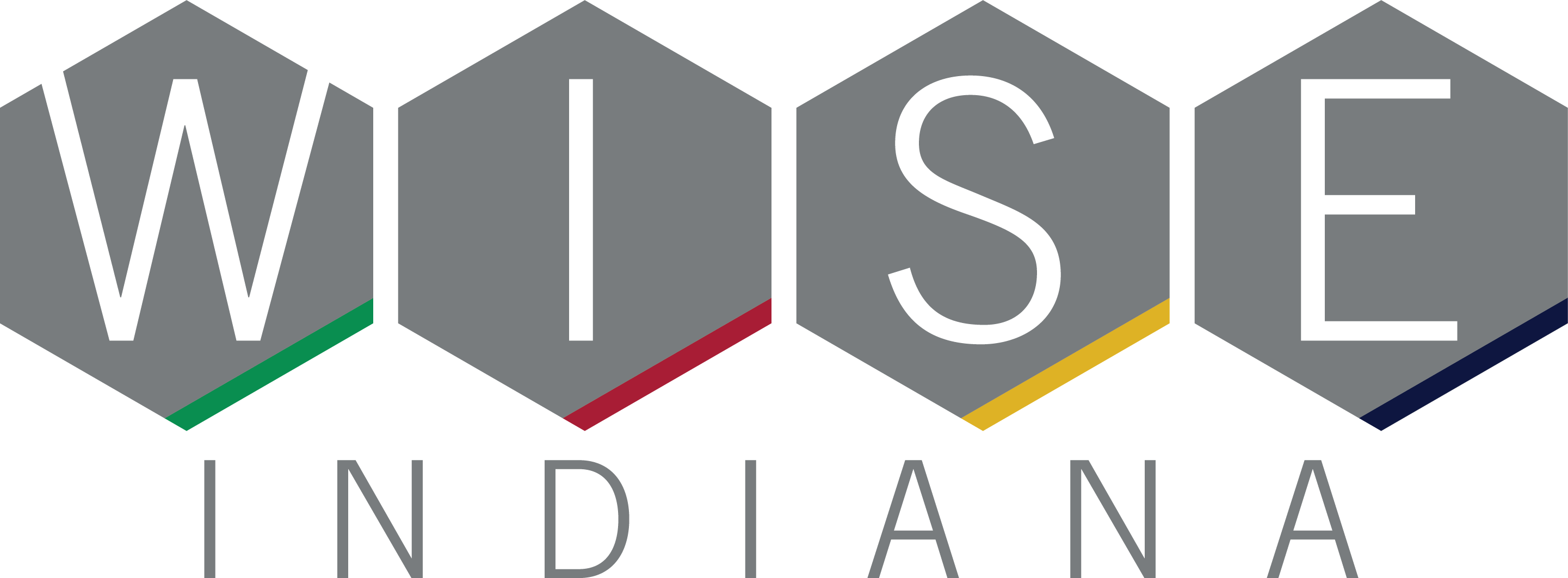
WISE Indiana (Wellbeing Informed by Science and Evidence in Indiana)
A partnership between the Indiana Clinical and Translational Sciences Institute’s Monon Collaborative and the Indiana Family and Social Services Administration (FSSA) to engage Indiana’s nationally-recognized academic experts to evaluate and inform Indiana practices, programs and policies. This partnership aligns with and furthers the visions of both organizations by facilitating timely, high-quality evidence-informed research, evaluation and analysis to the benefit of all Hoosiers.
Current Projects
Past Projects
WISE Indiana Leadership
| Sarah Wiehe, MD, MPH | Jason Thacker, MBA |
| Co-Director, Indiana Clinical & Translational Sciences Institute (CTSI) | Chief Data Officer, Indiana Family and Social Services Administration (FSSA) |
WISE Indiana Core Team
| Madison Alton, MPA, CCRP | Kelsey Binion, PhD |
| Science Officer Indiana Family and Social Services Administration |
Research Associate IUI Richard M. Fairbanks School of Public Health |
| Justin Blackburn, PhD | Deidre Gray |
| Scientific Director IUI Richard M. Fairbanks School of Public Health |
Program Management Assistant Indiana Clinical and Translational Sciences Institute |
| Emily Hardwick, MPH, CCRP, PMP | Dustin Lynch |
| Project Director Indiana Clinical and Translational Sciences Institute |
Visual Design Research Specialist Indiana Clinical and Translational Sciences Institute |
| Makayla Pearson, MS | Simon Gonzalez |
| Project Management Specialist Indiana Clinical and Translational Sciences Institute |
Contracts and Grants Specialist Indiana Clinical and Translational Sciences Institute |
| Jenifer Smith, MPA, CRA | Aaron Zych, MPH |
| Contracts and Grants Specialist Indiana Clinical and Translational Sciences Institute |
Program Management Coordinator Indiana Clinical and Translational Sciences Institute |
